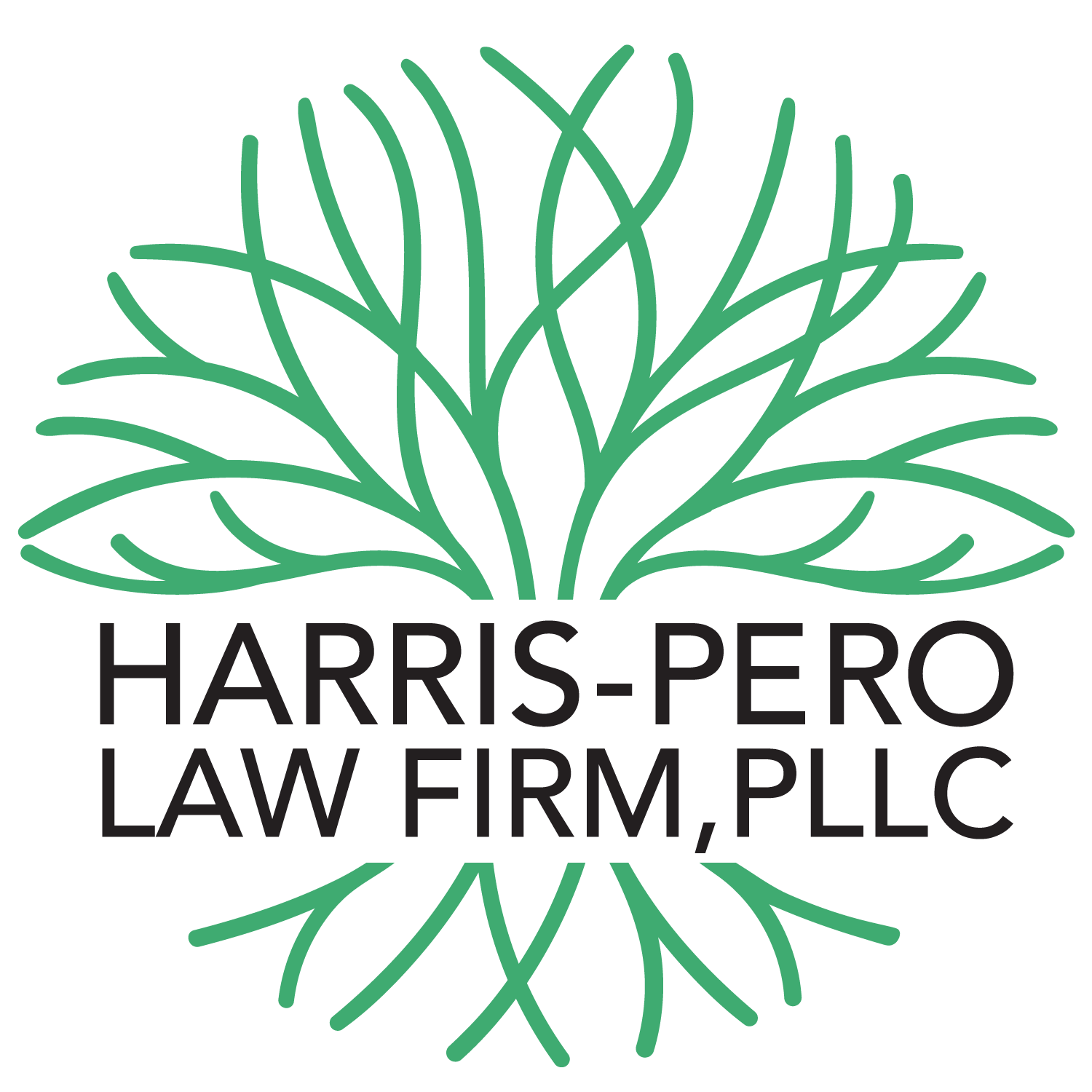Navigating the Next Steps After Losing a Loved One
Losing someone close to you is an incredibly challenging experience. Amidst the grief, it’s natural to feel overwhelmed by the responsibilities that follow. At our firm, we understand how difficult this time can be, and we’re here to help guide you through the process with care and compassion. Below, we outline some of the initial steps to take after a loved one passes away to help you feel confident and secure as you begin the estate settlement process.
1. Funeral Arrangements
The first and most immediate task is planning the funeral. In some cases, the decedent may have prepaid for their funeral, but in most instances, this responsibility falls to the surviving spouse, adult children, or other close relatives.
Whoever pays for the funeral should keep a copy of the bill from the funeral home. This document will be necessary when opening the estate. Additionally, save receipts and bills for cremation or burial, headstones, and any post-funeral gatherings. In most cases, these expenses can later be reimbursed from the estate.
2. Ordering Death Certificates
The funeral home typically orders the initial certified copies of the death certificate. If you anticipate needing additional copies, you can request them through the funeral home. A good rule of thumb is to order one certificate for the court, one for each asset the decedent held, and one for the Executor’s records in case unexpected assets are discovered.
For example, if your loved one owned a home and had three bank accounts, you should tell the funeral director to order six death certificates: one for the court, four for each asset, and one for your files. Additional copies can later be obtained through the office of Vital Statistics or the Department of Health in the decedent’s county of residence.
3. Locating the Will
Finding the original Will is crucial, as it must be submitted to the Surrogate’s Court. People often store their Wills alongside important documents like marriage certificates, birth certificates, and tax returns. If you cannot find the original, contact the attorney who prepared the Will to see if they have it on file.
If only a copy of the Will can be located, it may still be possible to file it with the court. However, this process, known as probating a Lost Will, requires affidavits explaining the loss of the original and is both time-consuming and costly, with no guarantee of success.
Unlike in movies and television, New York law does not require a formal “Will Reading” for family members. Instead, your attorney will provide copies of the Will to those named in the will to receive assets on behalf of the Executor.
4. Locating Other Information
While it may be challenging to obtain a full financial picture before the Executor is officially appointed, it’s essential to begin gathering as much information as possible. Providing this information to your attorney will facilitate the process. Consider gathering the following, if applicable:
Divorce Decree or Separation Agreement
Spouse’s death certificate (if predeceased)
Recent financial statements (around the date of death)
Transfer on Death (TOD) or Payable on Death (POD) beneficiary designations
Most recent income tax return
Any gift tax returns
Outstanding debts (unpaid bills, credit cards, etc.)
Citizenship or permanent resident information
Trusts executed by the decedent
Trusts where the decedent served as Trustee
Moving Forward
Navigating the legal and administrative aspects of losing a loved one can feel daunting, but you don’t have to do it alone. Our experienced team is here to provide empathetic and professional guidance every step of the way. If you have questions or need assistance, please don’t hesitate to reach out to us. We’re here to make this challenging time a little easier for you and your family.
Check out our blog next week as we discuss what to expect from the probate process.
